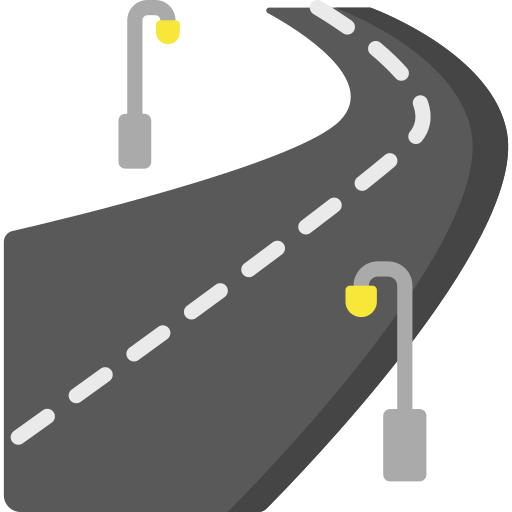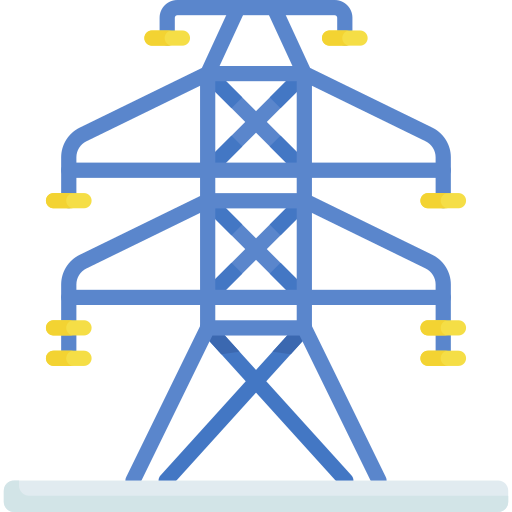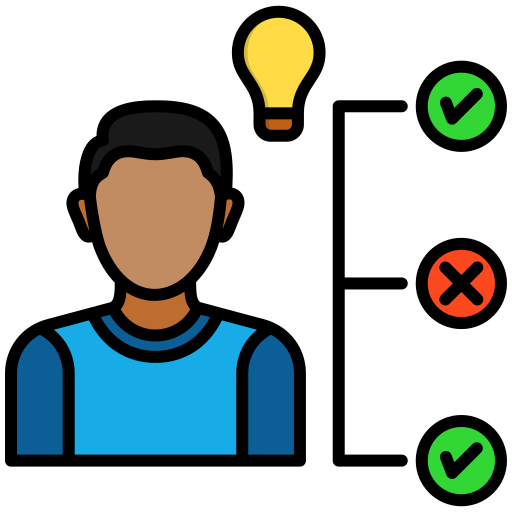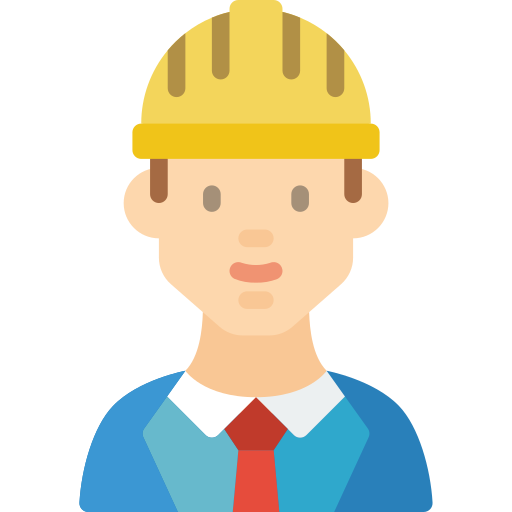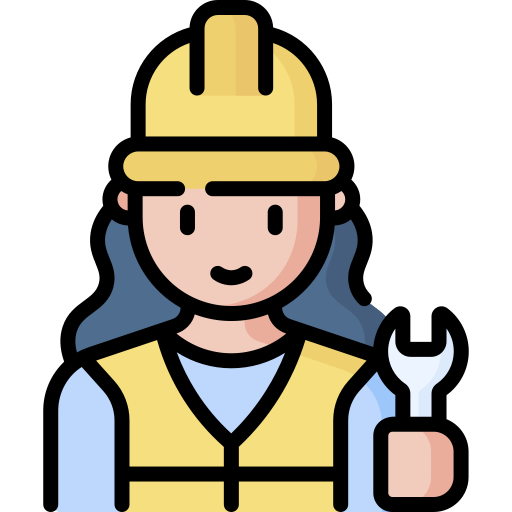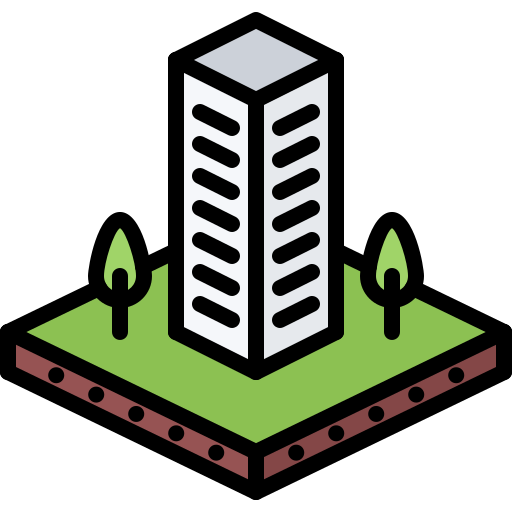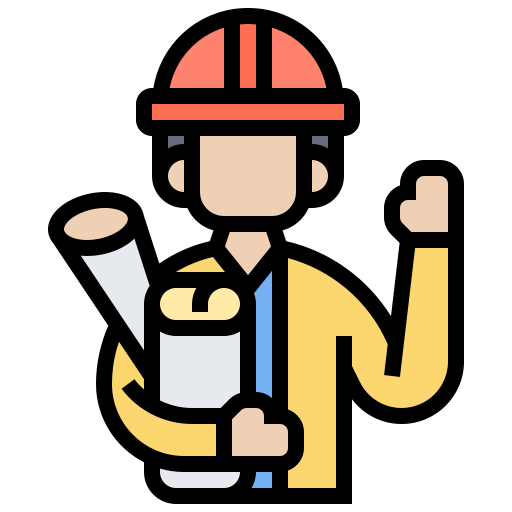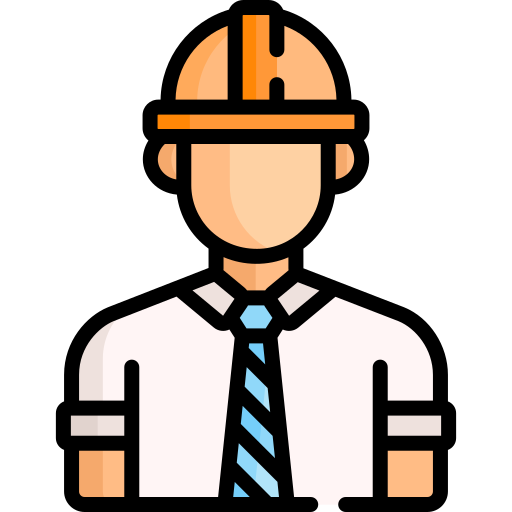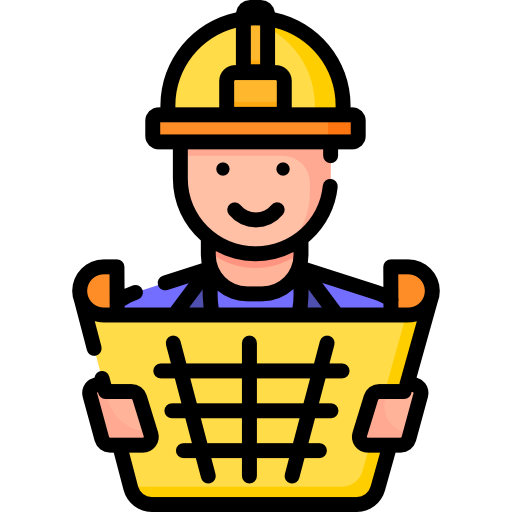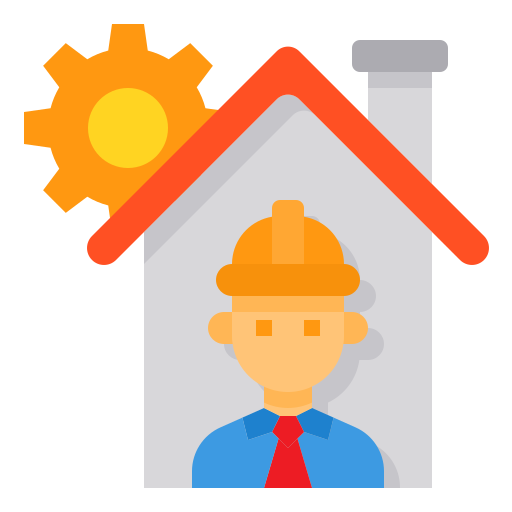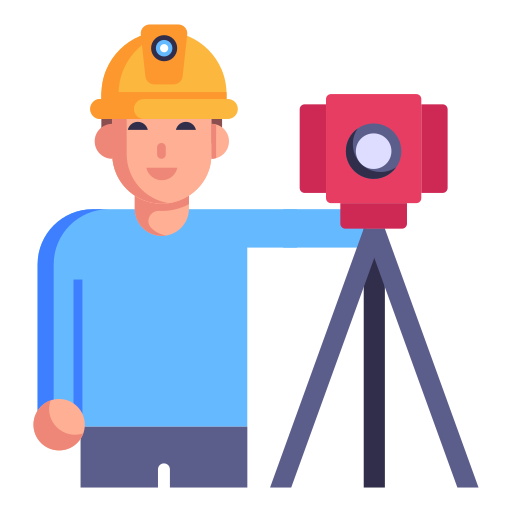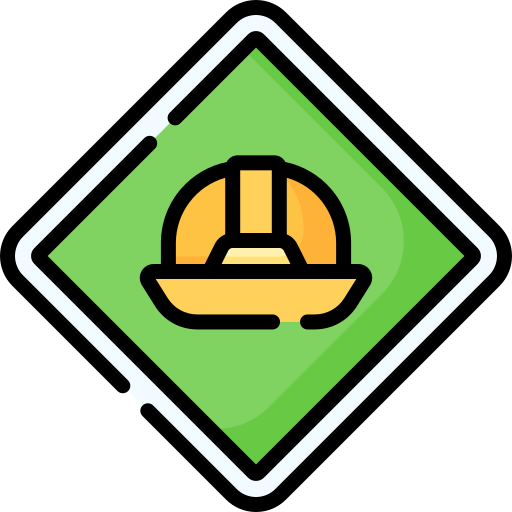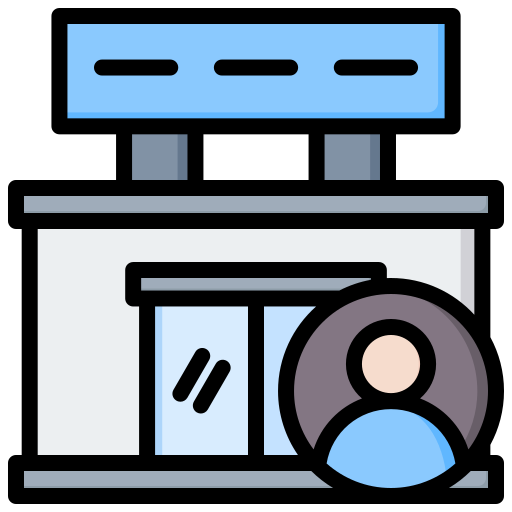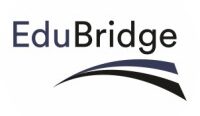SRCE > Civil Engineering
Civil Engineering
About the Department:
Civil Engineering is rightly considered the most versatile among all Engineering branches. It is the branch with a lot of Diversity right from Surveying, Geo-Technology to Structural Engineering, Environmental Sciences to Hydraulics, and Transportation to Hydrology. Civil Engineering can be considered the single largest core engineering branch.
The department of Civil Engineering was started in 2000 to expose budding civil Technocrats to various challenges in the profession having a highly qualified and experienced faculty with an Excellent Academic record.
About the Program:
The Civil Engineering (CE) Program is a 4-year program which enables aspiring Engineers to develop Thinking, Collaborative and Technical Skills for solving complex Civil Engineering problems and to learn how to Assimilate new Knowledge needed for the Design, Construction, and maintenance of Roads, Bridges, Buildings, Water Supply, Irrigation, Flood control, Ports, and other Infrastructure while considering impact in various contexts. The CE Program prepares Individuals to engage in any field of Civil Engineering and moreover, Educates them in any of these Specialised fields: Engineering Geology, Fluid Mechanics, Surveying, Applied Hydraulic Engineering, Water Supply Engineering, Highway Engineering, Railway, Airports, Docks, and Harbour Engineering.
Program Scope:
On Successful completion of the Civil Engineering Degree programme, the Graduates shall exhibit the following:
A solid understanding of the Civil Engineering discipline, including an ability to evaluate, analyze, and synthesize both existing and new knowledge.
Critical analysis of Civil Engineering problems and Innovation Critically analyze complex Civil Engineering problems, apply Independent judgment for synthesizing Information and make Innovative advances in a Theoretical, Practical and Policy context.
Conceptualize and solve Civil Engineering problems, evaluate potential solutions, and arrive at a solution at Technically feasible, Economically viable and Environmentally sound solutions with due consideration of Health, Safety, and Socio-Cultural factors.
Career Scope:
Government Sector:
Program Outcomes(POs)
Engineering knowledge: Apply the knowledge of Mathematics, Science, Engineering fundamentals, and Engineering Specialization to the solution of Complex Engineering problems.
Problem analysis: Identity, Formulate, Research literature, and analyse complex Engineering problems reaching substantiated conclusions using the first principles of Mathematics, Natural Sciences, and Engineering Sciences.
Design/development of solutions: Design solutions for Complex Engineering problems and Design System components or Processes that meet the specified needs with appropriate consideration for Public Health and safety, Cultural, Societal, and Environmental considerations.
Conduct investigations of complex problems: Use Research-Based knowledge and Research methods including design of Experiments, Analysis, Interpretation of Data and synthesis of the Information to provide valid conclusions.
Modern tool usage: Create, Select, and Apply appropriate Techniques, Resources, and Modern Engineering and IT tools including Prediction and Modelling to complex Engineering activities with an understanding of the limitations.
The Engineer and society: Apply to reason informed by the contextual knowledge to assess Societal, Health, Safety, Legal and Cultural issues. Responsibilities are relevant to the Professional Engineering practice.
Environment and sustainability: Understand the impact of Professional Engineering solutions in Societal and Environmental Contexts, and demonstrate the knowledge of, and need for Sustainable Development.
Ethics: Apply Ethical Principles and commit to Professional Ethics, Responsibilities, and norms of the Engineering Practice.
Individual and team work: Function Effectively as an Individual and as a member or Leader in Diverse groups and in Multidisciplinary Settings.
Communication: Communicate effectively on Complex Engineering activities with the Engineering Community and with Society at large such as, being able to comprehend and write effective reports, Design Documentation, make Effective Presentations, and give and receive clear instructions.
Project management and finance: Demonstrate knowledge and understanding of the Engineering and Management principles and apply these to one’s own work, as a member and Leader in a Team, to manage Projects and in Multidisciplinary Environments.
Life-long learning: Recognize the need for, and have the preparation and ability to engage in Independent and life-long learning in the broadest context of Technological change.
Program Educational Objectives (PEOs)
- Gain knowledge and skills in Civil Engineering which will enable them to have a career and Professional accomplishment in the Public or Private sector Organisations.
- Become Consultants on complex real-life Civil Engineering problems related to Infrastructure development especially Housing, Construction, Water Supply, Sewerage, Transport and Spatial Planning.
- Become Entrepreneurs and Develop Processes and Technologies to meet desired Infrastructure needs of society and formulate solutions that are Technically sound, Economically feasible, and Socially acceptable.
- Perform investigation for solving Civil Engineering problems by conducting research using modern equipment and software tools.
- Function in Multi-disciplinary teams and Advocate Policies, Systems, Processes and Equipment to support Civil Engineering.
Laboratory:
- Surveying Laboratory
- Construction Materials Laboratory
- Strength of Materials Laboratory
- Hydraulic Engineering Laboratory
- Water and Wastewater Analysis Laboratory
- Soil Mechanics Laboratory
- Highway Engineering Laboratory
- Irrigation and Environmental Engineering Drawing
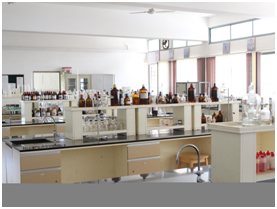
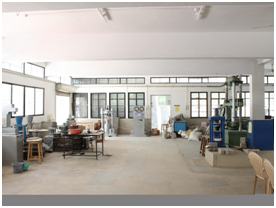
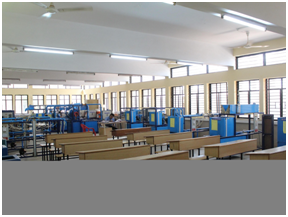
Faculty
The Department is known for its reputed faculty with expertise in diverse fields. Presently, the Department has Highly Qualified, Experienced, Sincere and Dedicated Teaching Faculty members, actively participating in Research and Consultancy work.
Placements
Alumni
Our Alumni are paving the way for a better future and are placed in leading companies such as:
Larsen & Turbo, HCC, GMR, TATA.







